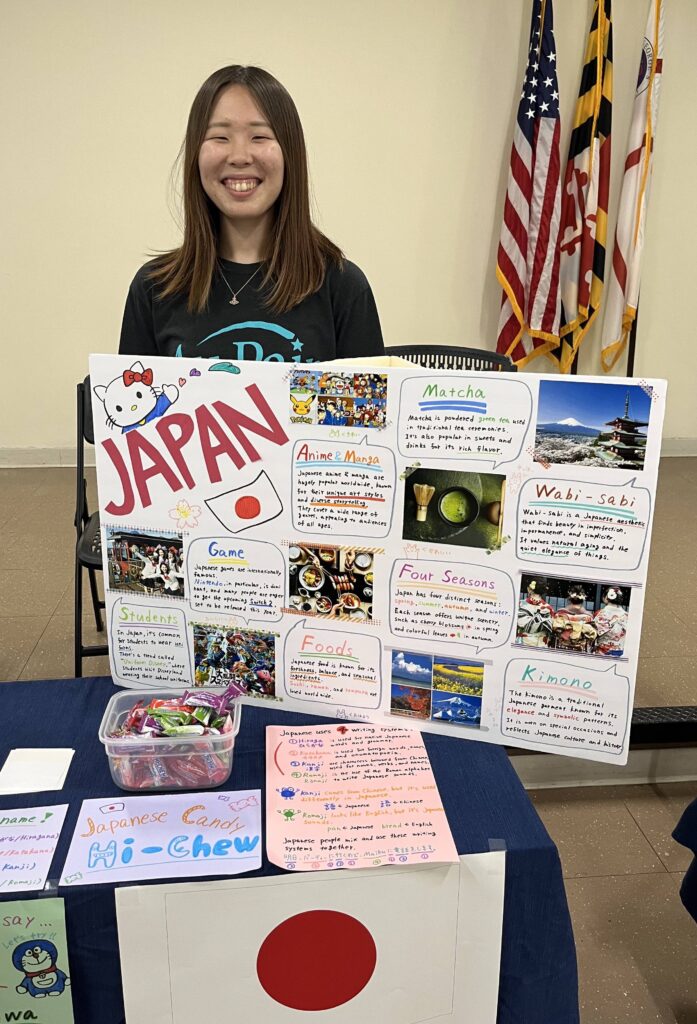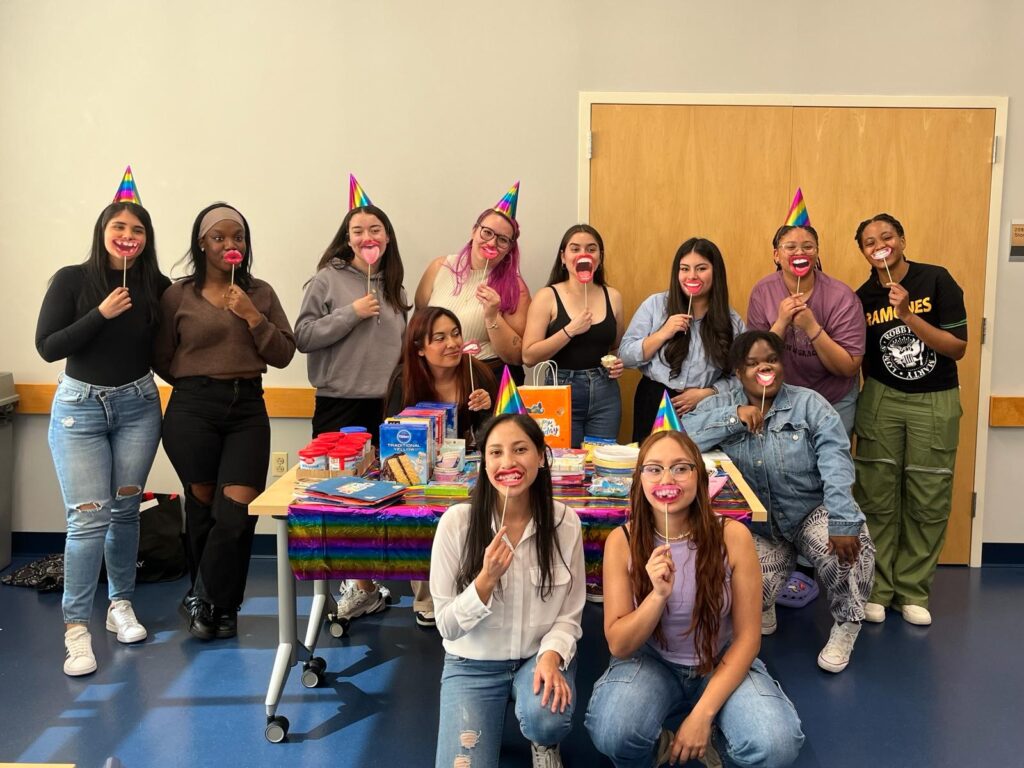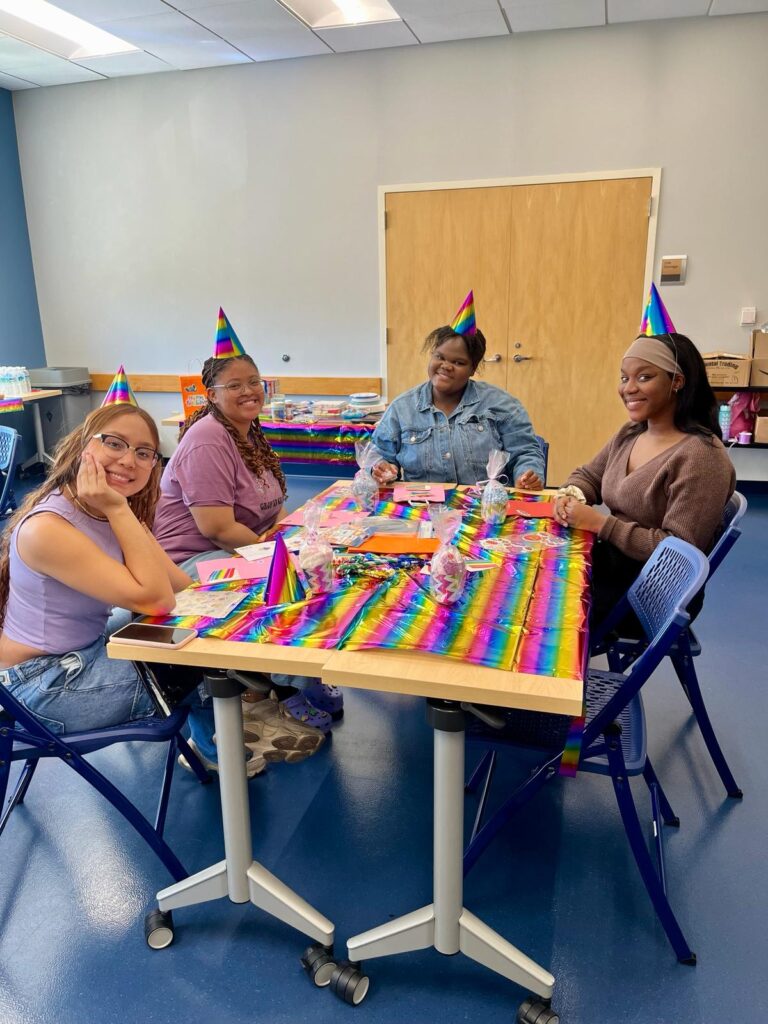Host parents often ask for suggestions on how best to handle common expenses that occur as au pairs are caring for the children.

Miscellaneous Expenses
There are different ways to handle the little day-to-day expenses that come up. Things like when an au pair takes the kids out for ice cream or picks up a gallon of milk. Some families keep a cookie jar fund, a little cash that they set aside weekly or monthly for these types of expenses. Others give their au pair a prepaid debit card for this purpose. Below are some suggestions for avoiding problems with expenses.
Host Families
- It’s important to be clear about how long this money should last and what types of expenses are approved.
- Let the au pair know whether or not you expect receipts.
Au Pairs
- Only spend the money on approved expenses.
- If it is something you are not sure about, ask first.
- Put your receipts in the cookie jar in place of the money to avoid any confusion.
Gas, Uber & Metro
Transportation costs will vary depending on if your au pair is driving or taking public transportation. Here is a post dedicated to How to Handle Transportation Costs.
Photo: Andrea Travillian



















